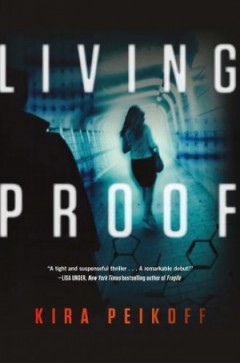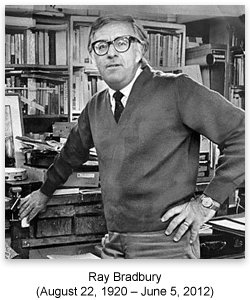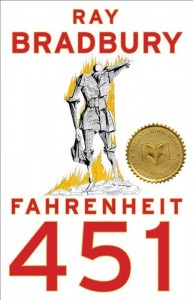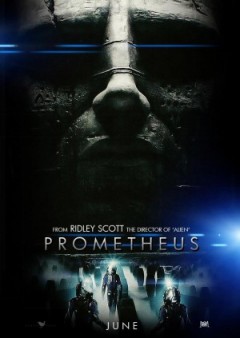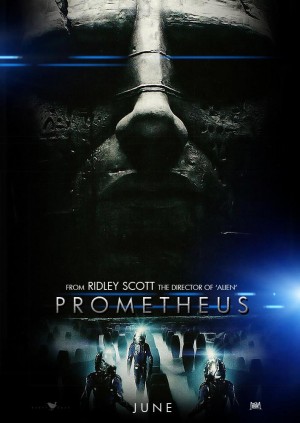Living Proof is the opera prima of Kira Peikoff, the daughter of Ayn Rand’s intellectual heir, Leonard Peikoff. In it, Peikoff uses a near-future setting to explore the logical conclusion of certain prolife arguments with which she disagrees. The plot of this thriller is well-structured and the writing, notwithstanding the occasional imperfection, is decent. However, in the end it gave me the same feeling I get from a dish made from good ingredients that nevertheless wants salt. Or pepper. Or oregano. Or something.
Arianna — a protagonist in the Randian tradition — is a brave, rational, free-thinking and beautiful doctor working at a fertility clinic in New York City in the year 2028. Embryos have been given the same legal status as human beings, and the Department of Embryo Protection is tasked with making sure that embryos not used in implantation are frozen and taken care of instead of being disposed of. The DEP chief becomes suspicious of Arianna when her clinic experiences a sudden and inexplicable surge in popularity. He sends Trent Rowe undercover to earn Arianna’s trust so he can find out what she is up to and if she is “murdering” embryos. What Trent discovers will challenge his beliefs, and he must make a choice between what he was raised to believe, and what Arianna has taught him.
Peikoff’s prose is decent, although she occasionally misuses words, which sound like notes of a melody played flat. On page 58, for instance, she uses “pretext” when she means “pretense.” On page 55 she uses “oblivion” when she cannot possibly have meant it.
She also has an affinity for metaphors, some of which go off well and help elucidate an idea. For instance, on page 261 she writes, “But recently the cells had been tantalizingly close to the goal, developing as astrocytes or microglia instead of oligodendrocytes, like Cokes instead of Diet Cokes.” However, there are just as many times when no metaphor is needed, or the one she chooses takes the reader out of the story. A good example is on page 163, where a character is said to be “trapped in an ethical straitjacket, laced tight with emotional strings.” It is not that the metaphor cannot convey the idea, but the particular one used seems a little silly and distracting, like a knowledgeable professor whose belly spills over the waistline of the pants he bought when he was 40 pounds lighter.
